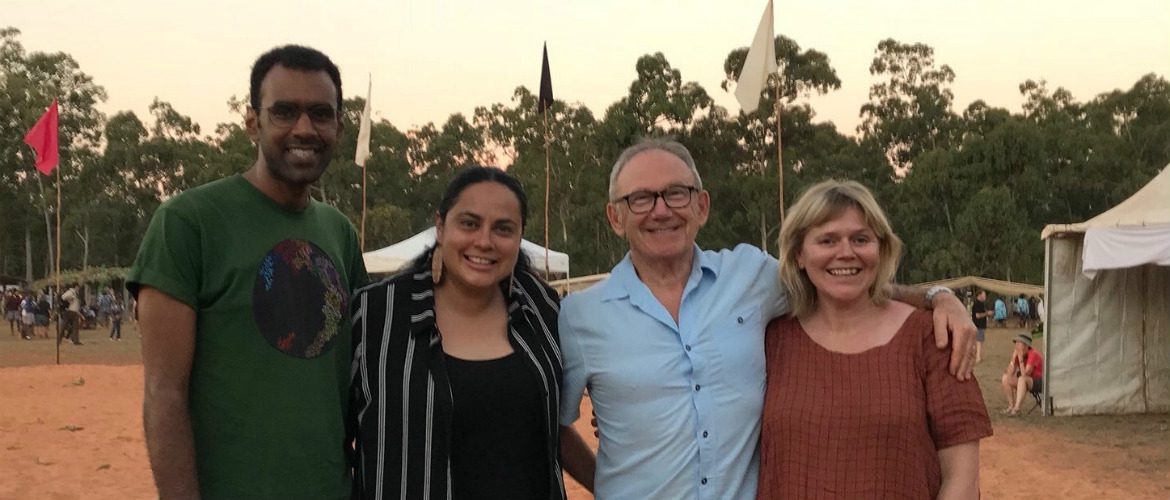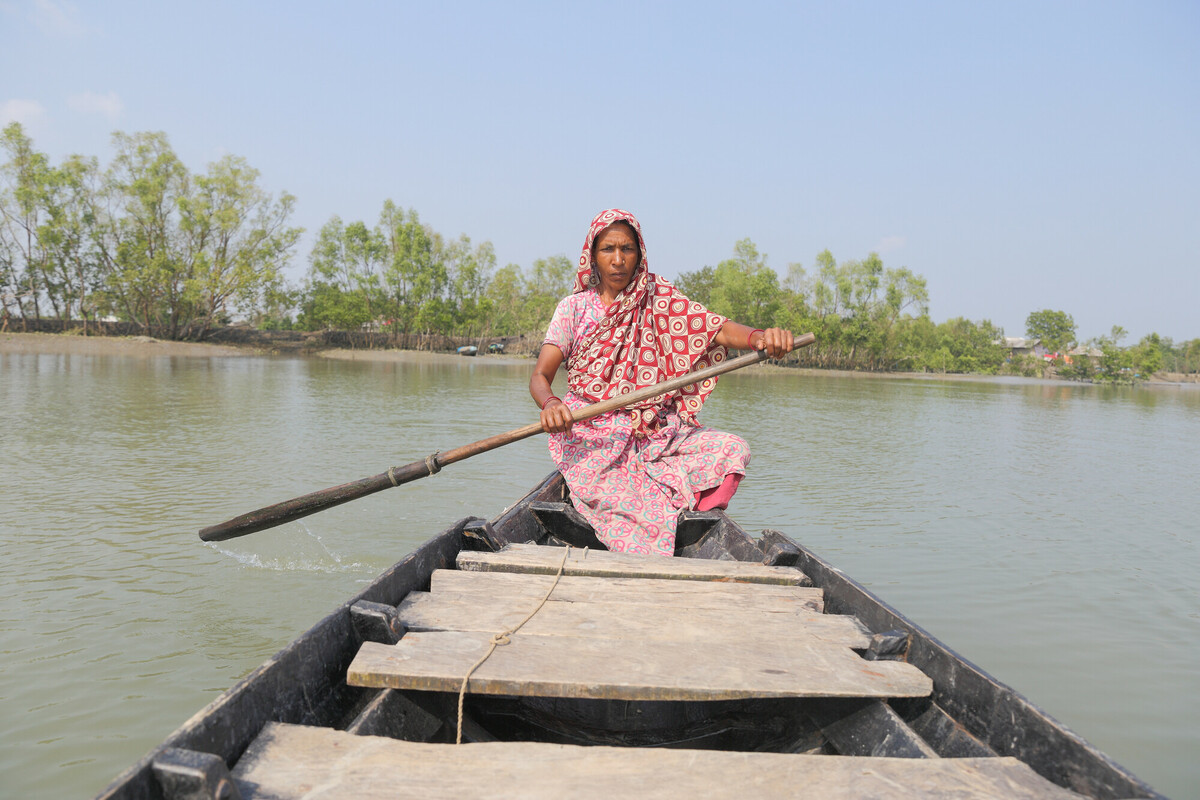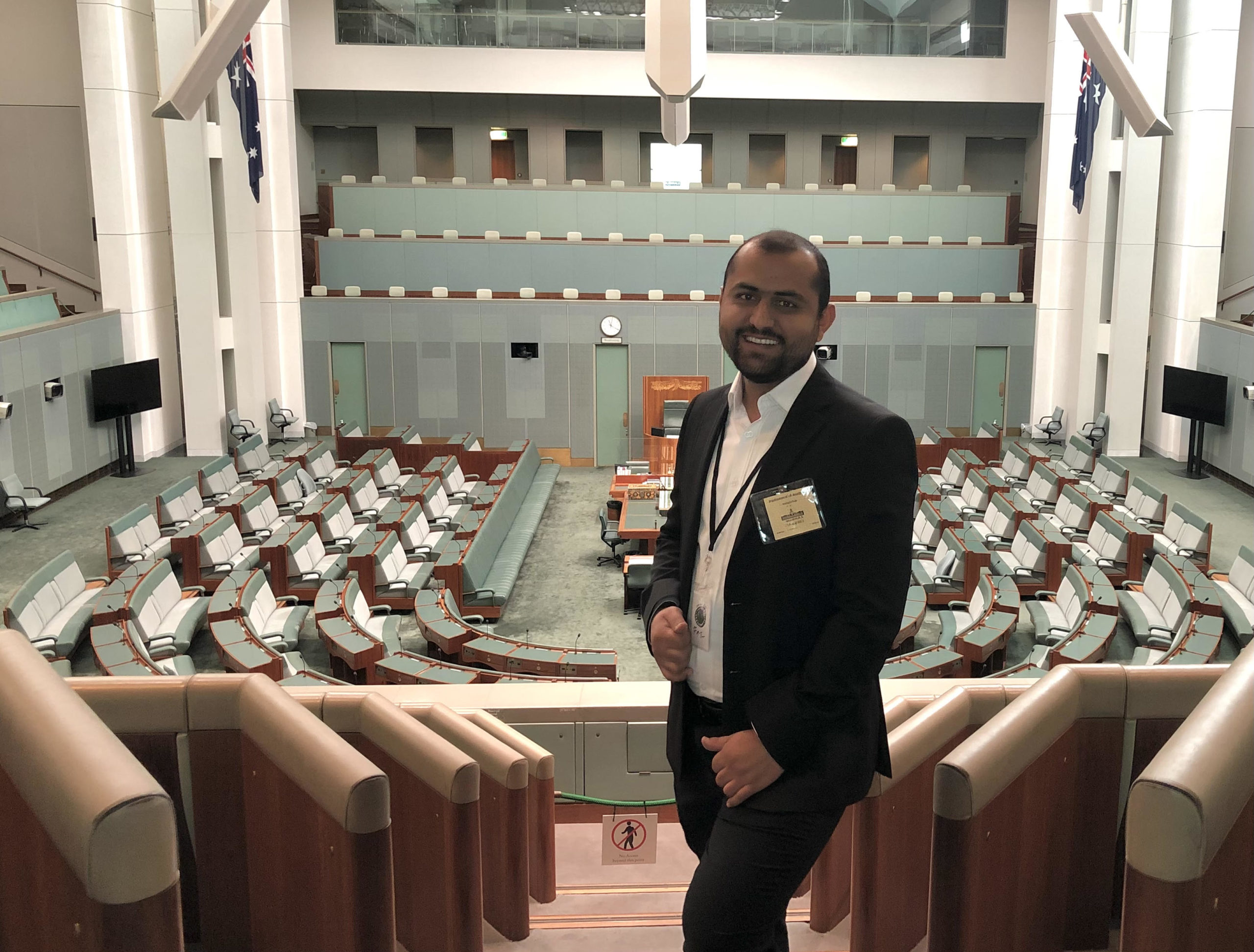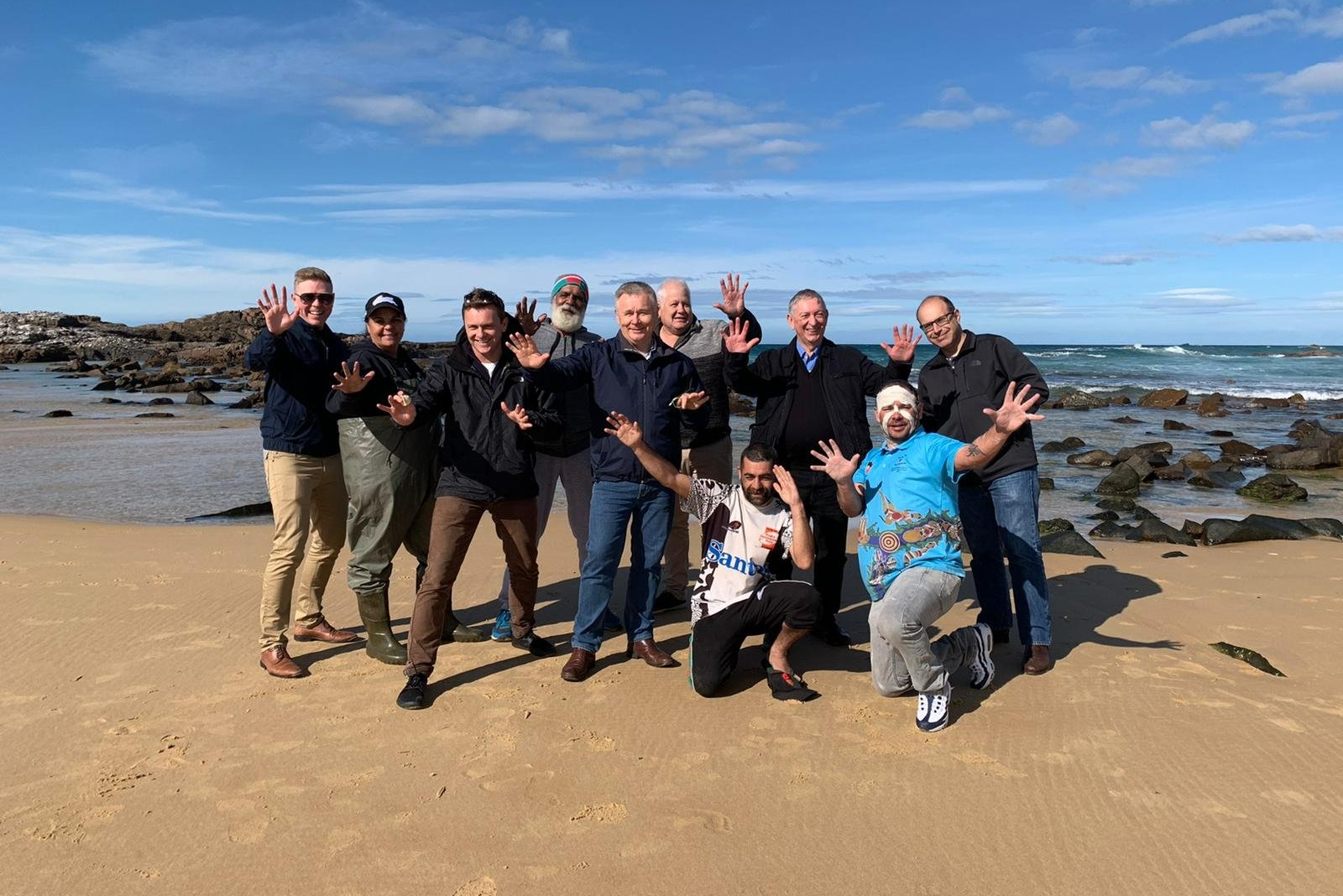By Alex Gary, Oxfam Australia Aboriginal and Torres Strait Islander Policy Program Officer
The sounds of the Yidaki echoed through the stringy bark forests of Gulkula in North Eastern Arnhem land for the 20th anniversary of the Garma Festival earlier this month.
I was lucky enough to be a part of the Oxfam Australia delegation along with members of the Aboriginal and Torres Strait Islander program, Oxfam senior leadership and board. Ganbulapul’s spirit welcomed us to Gulkula for this important occasion. Oxfam delivered a Straight Talk women’s political leadership summit in Nhullunbuy in 2015 so it was great to return to the area.
Garma is an opportunity for ‘balandas’ (non-Yolgnu people) to come and share in the rich culture of the Yolgnu people of Arnhem Land. As a proud Torres Strait Islander I am thankful to the Gumatj clan for welcoming me onto their beautiful country.
If it’s one thing I can take away from Garma it’s that it’s time to move beyond shame and guilt. It’s time to cultivate a national identity that acknowledges the dark past of colonisation, celebrates black history that spans millennia and proudly move forward celebrating the cultural heritage of our beautiful country.”
A major component of the festival is the Bungul (ceremony) and the key political forum where a number of Indigenous and non-Indigenous leaders presented on the big issues surrounding our people. ‘Yuwalk Lakaranja’ – truth telling in Yolgnu language – was the theme of the festival and was reflected in the passion and authenticity of many of the speakers.
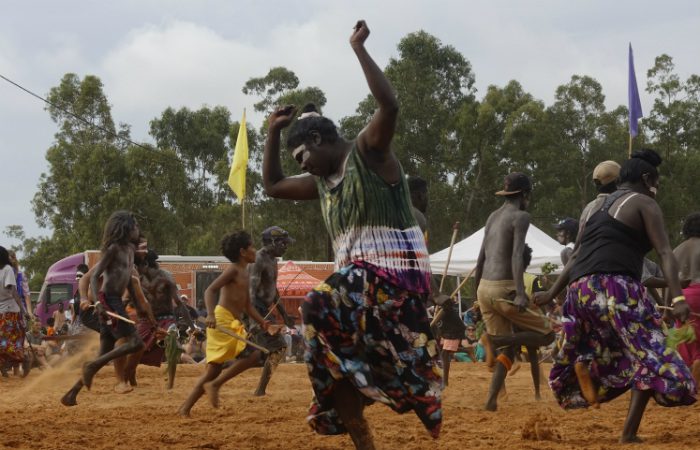
The truth hurts and the emotions of each speaker simmered very close to the surface. During the truth telling session the personal histories and in some cases traumas of the speakers infused their words. It was a heart wrenching wakeup call to white Australians to share the burden of our dark past, have a vision for the future and walk together with us.
While we are resilient as blackfullas we continue to be weighed heavily with the legacy of colonisation. The time has come for everyone to do their bit and share the burden between black and white Australians. Both Richard Flannigan and Noel Pearson expressed an urgency that this is a matter of life and death. People are dying and it is now time to act before “the world comes undone around us.” It’s up to all of us.
Indigenous Sovereignty is not something to fear. As John Cristopherson said Australia ‘is not losing 230 years of colonial rule but gaining 65,000 years of history.'”
The Uluru Statement from the heart which called for a voice to parliament, a truth-telling process and a makarrata (coming together to settle dispute) – as well as treaty were brought up again and again throughout the festival.
Many of the senior leaders expressed frustration at the government’s rejection of the statement and made a call to the Australian people to pressure the government into a referendum. A strong theme of people power kept coming through, if we work together in unity we can make change.
Professor Marcia Langton put out a call to universities, not-for-profits, corporations and individuals to join a campaign to influence the government about constitutional reform. Oxfam will join this coalition in supporting First Nation’s sovereignty (watch this space!).
Indigenous Sovereignty is not something to fear. As John Cristopherson said Australia “is not losing 230 years of colonial rule but gaining 65,000 years of history.” Yolgnu senior ceremonial man Djunga Djunga Yunupingu echoed this by saying that sovereignty for Indigenous people would be a “gift to all Australians”.
The biggest gift the Yolgnu gave during the festival was sharing their culture. The sounds of the Bungul echoed through the stringy bark trees each night while members of the different clans performed their songlines. Astronomy, an open air art gallery displaying local Yolgnu artists and nightly local music opened up different aspects of the Yolgnu world both old and new. The cultural activities really created a sense of unity and cultural pride.
If it’s one thing I can take away from Garma it’s that it’s time to move beyond shame and guilt. It’s time to cultivate a national identity that acknowledges the dark past of colonisation, celebrates black history that spans millennia and proudly move forward celebrating the cultural heritage of our beautiful country.
Thanks again to the Gumatj and Yolgnu people for welcoming us onto your homelands.
